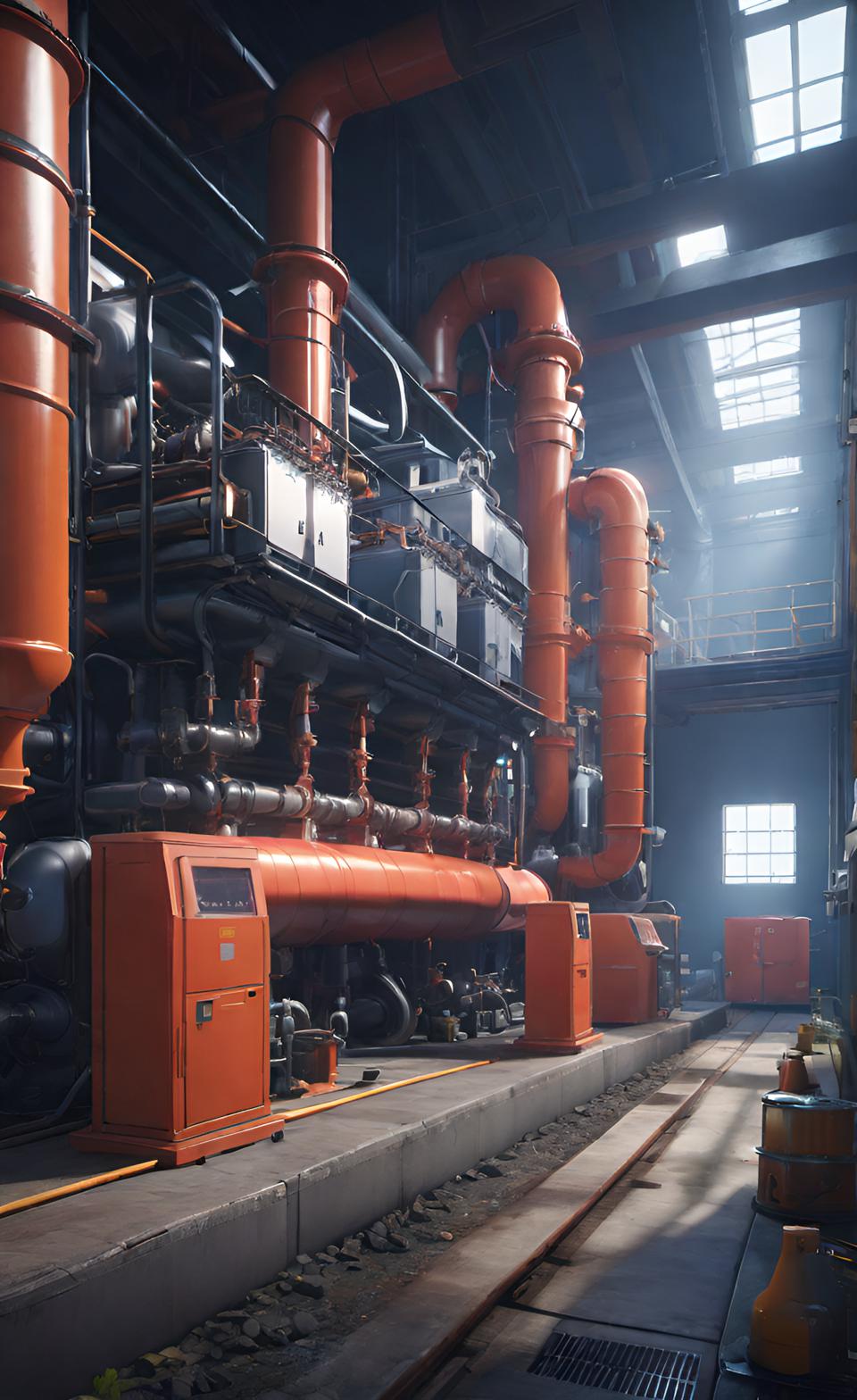Dietary effect on Supply and Demand
by Subadra
On your global warming pie graph it shows that agricultural bi-products is 12.5 percent. Then it continues to show that it is a 40% contributer of methane. Methane is produced by livestock of the agricultural sector. You multiple this by 21 times in global warming effect calculations (because methane is 21 times more effective than carbon dioxide at acting as a greenhouse gas) and this is a significant contributer to global warming.
I think if we decrease demand for meat and increase the demand for organic vegetables we will have decreased methane emissions. We would also have made the world more sustainable because increasing vegetables in our diet decreases our height on the food chain thereby lessening our impact.
The UN has accepted livestock as a major contributer to global warming and might be considering lowering subsidies for that sector.
Barry's Response - That's a good idea, Subadra. Vegetarian diets are healthier too, you could have noted that. We can get all our nutrition from plants. What's good for us and good for the planet must be good for everyone. Thanks for your input.
There's no doubt about it. It's going to be a big change for anyone to suddenly give up meat. Over time, you might see a reasonable reduction. See the movie Food Inc. sometime.
Search this site for more information now.
Technical considerations in persuading societies to go meatless
Leaving meat behind has the following advantages:
- Methane emissions can be reduced by decreasing meat demand and increasing organic vegetable demand. Global warming can be mitigated by reducing methane emissions.
- Our food system can be more sustainable if we eat more vegetables and fewer animal products. Compared to animal agriculture, vegetable farming uses fewer resources like water and land, so it's less harmful to the environment.
- We move lower on the food chain when we eat more vegetables and less meat. As a result, fewer resources are needed to produce our food, so the environment isn't impacted as much.
- It shows growing awareness and potential support for initiatives aimed at addressing this problem that the UN acknowledges livestock as a major contributor to global warming.
Vegan downsides:
- It can be hard to get people to cut down on meat consumption and switch to a more plant-based diet, as dietary choices are often deeply ingrained and influenced by cultural and personal factors. Education and awareness campaigns are needed to encourage dietary changes.
- Declining meat demand and increasing organic vegetable demand may impact the agricultural sector. Reducing subsidies or shifting consumption patterns could affect livelihoods and economies reliant on livestock farming. Community support and careful planning may be needed to transition to more sustainable practices.
- Making the switch to a more plant-based diet that still provides adequate nutrition is important. In order to meet the body's requirements, a balanced diet should include nutrient-rich foods. To reduce meat consumption and maintain health, people need education and guidance on plant-based nutrition.
- Implementing dietary changes on a global scale can be tough. Different regions have different food production systems, cultural preferences, and resources. Adapting to local contexts is key to reducing meat consumption and promoting sustainable agriculture.
Please keep in mind that these are general considerations and may vary depending on specific circumstances.
Do you have concerns about air pollution in your area??
Perhaps modelling air pollution will provide the answers to your question.
That is what I do on a full-time basis. Find out if it is necessary for your project.
Have your Say...
on the StuffintheAir facebook page
Other topics listed in these guides:
The Stuff in the Air Site Map
And,
Thank you to my research and writing assistants, ChatGPT and WordTune, as well as Wombo and others for the images.
GPT-4, OpenAI's large-scale language generation model, helped generate this text. As soon as draft language is generated, the author reviews, edits, and revises it to their own liking and is responsible for the content.




